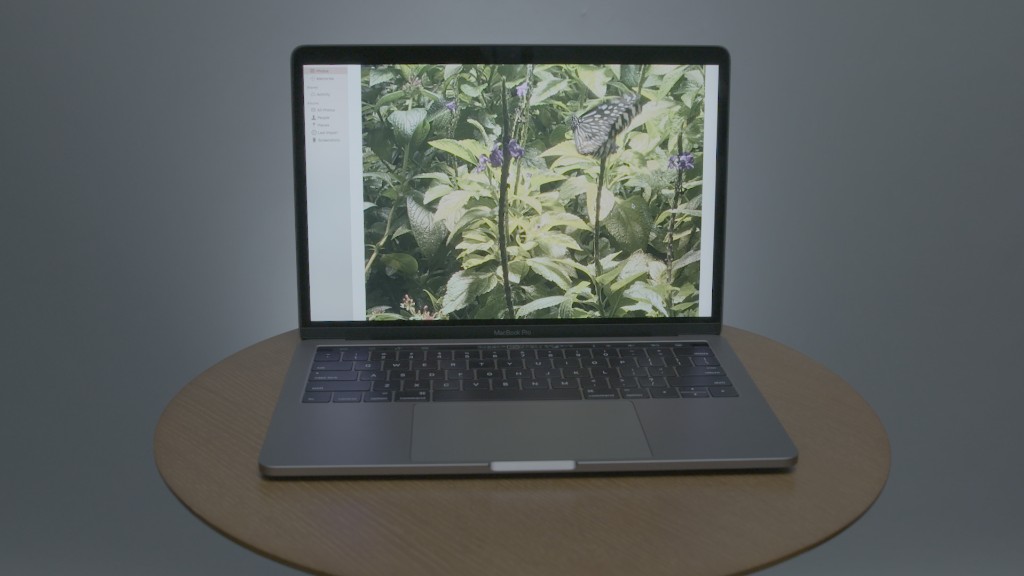
What do Dunkin' Donuts, Coca-Cola, McDonald's and Budweiser have in common? They're all going green.
Dunkin' (DNKN) is getting rid of foam cups and replacing them with recyclable paper ones. Coke will recycle more and use more environmentally friendly packaging. McDonald's will start using eco-friendly materials and place recycling bins in restaurants. Budweiser has committed to brewing all of its beer using renewable electricity by 2025.
Why the sudden greenification of junk food? Sustainability is starting to pay off.
"This is a trend that's taking on steam because it's good business," said Tensie Whelan, director of the Center for Sustainable Business at NYU's Stern business school.
Renewable energy is cheaper
In many cases, renewable energy is just a better deal than other sources of power.
The cost of solar electricity fell by two-thirds between 2010 and 2017, according to the National Renewable Energy Laboratory.
Companies used to have to stretch their wallets to go green. Now clean energy could end up saving them money.
Using power purchase agreements, or PPAs, brands can enter into long-term agreements with power providers that lower their risky exposure to fossil fuels, explained Stephen Comello, director of the Sustainable Energy Initiative at the Stanford business school.
Natural gas may be cheap now, said Comello, but prices could go up and end up costing the company more down the line.
Related: Coke: We'll recycle one can or bottle for every one we sell
Thinking ahead
Companies may be making changes now in anticipation of water shortages in the future.
As extreme weather becomes more common, companies are less able to predict how much water they'll be able to use in factories and other production facilities.
Businesses that don't reduce the amount of water they use now will suffer in dry years and have a hard time planning for the future. For example, a devastating water shortage in Cape Town, South Africa, has put nearly 49% of companies at risk of closure, according to a survey by the South African city's chamber of commerce.
Related: McDonald's is going green
Whelan suspects that fears of changes in the water supply may be why a company like Coke is starting to become more sustainable.
"The waste that comes from those bottles and the amount of water they use are becoming increasingly major risks," she said.
Consumers care
Establishing yourself as a green company is a good way to attract -- and keep -- customers.
Consumers with several options need a reason to pick one brand over another. A promise to help protect the environment could be that reason, Whelan explained.
Customers value transparency, and they want to know the impact of their dollar, says Rob Wilson, a research analyst with the asset manager MFS Investment Management. If they care about sustainability, they'll want to buy from a company that shares those values.
Employees care
Customers aren't the only ones who want to make sure they're making a difference. Employees care, too, and they want to work for a brand they believe in.
A commitment to sustainability is a good way to attract talent and hold on to it, said Jay. 64% of Millennials said they won't take a job with a company that doesn't have strong corporate social responsibility values, according to a 2016 survey, according to public relations company Cone Communications.
Related: Dunkin' Donuts pledges to ditch foam cups
Millennials, in particular, "are interested in purposeful work," he said. "They want to be working for 'good' companies."
And brands want to keep up with the forward-thinking tech brands, which have all made commitments to sustainability.
"The whole tech industry is really trying to move toward a renewably-powered cloud and data industry," said Jay. "It's become a symbol of innovation."

